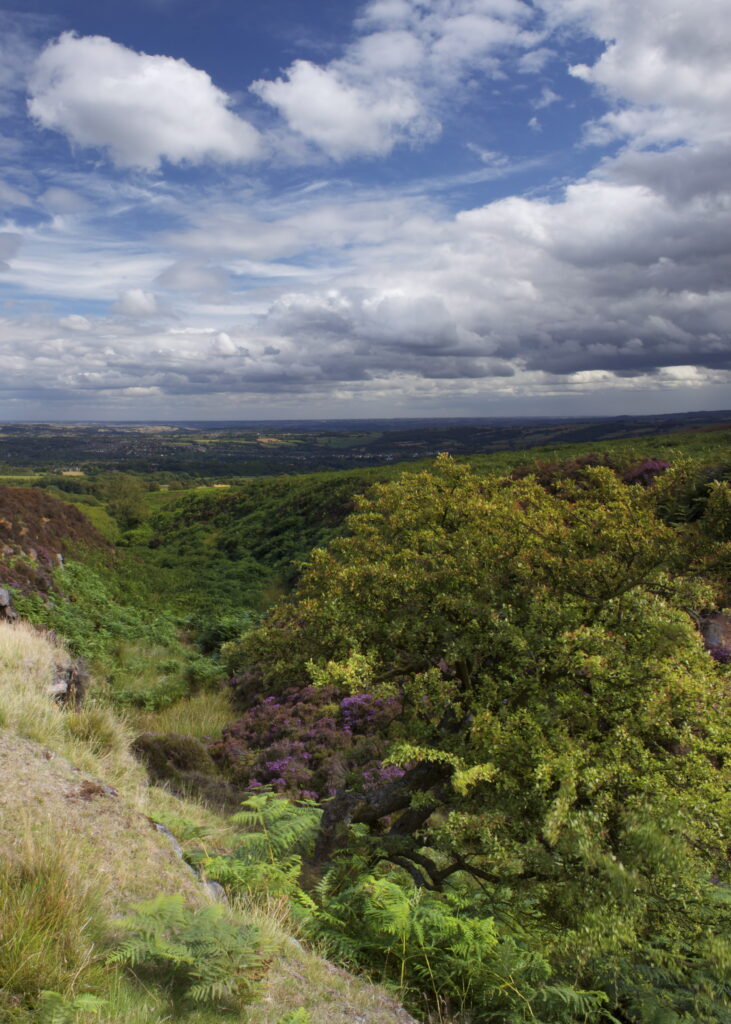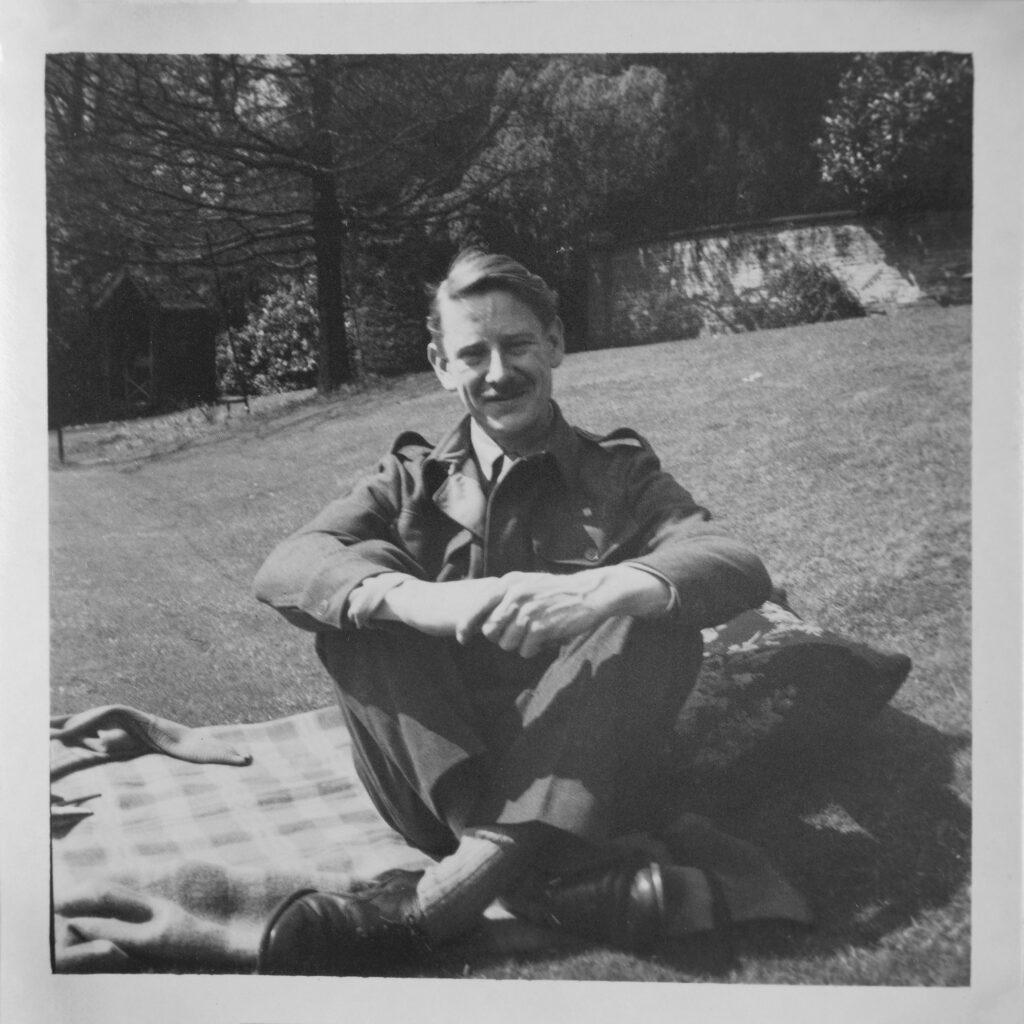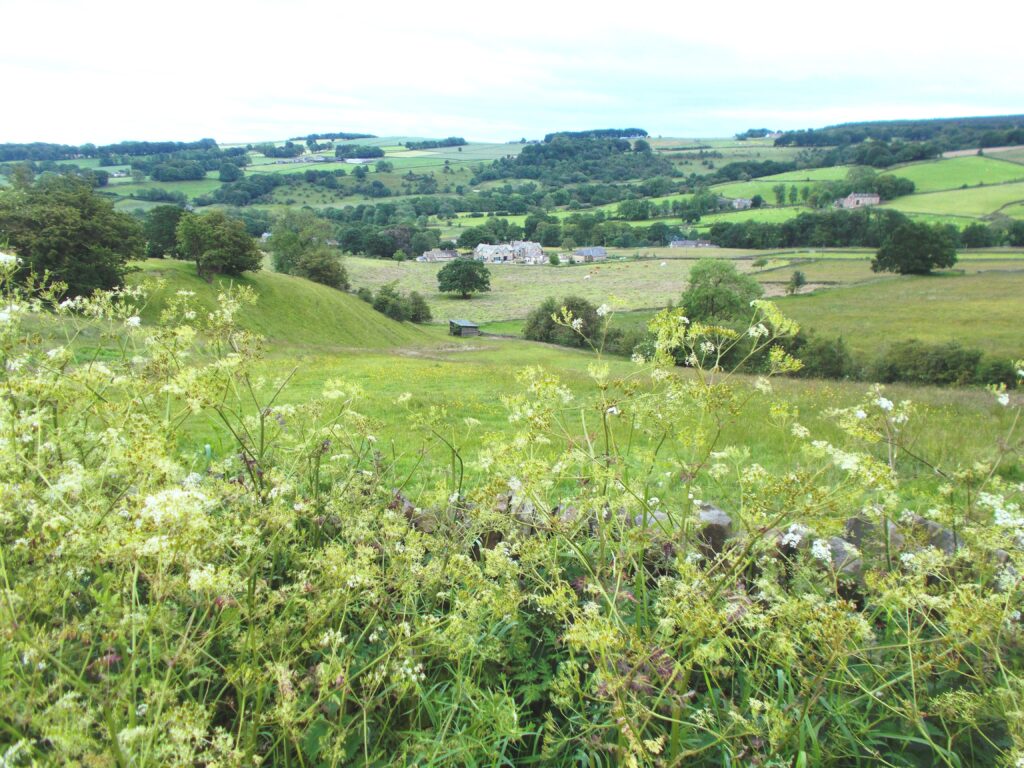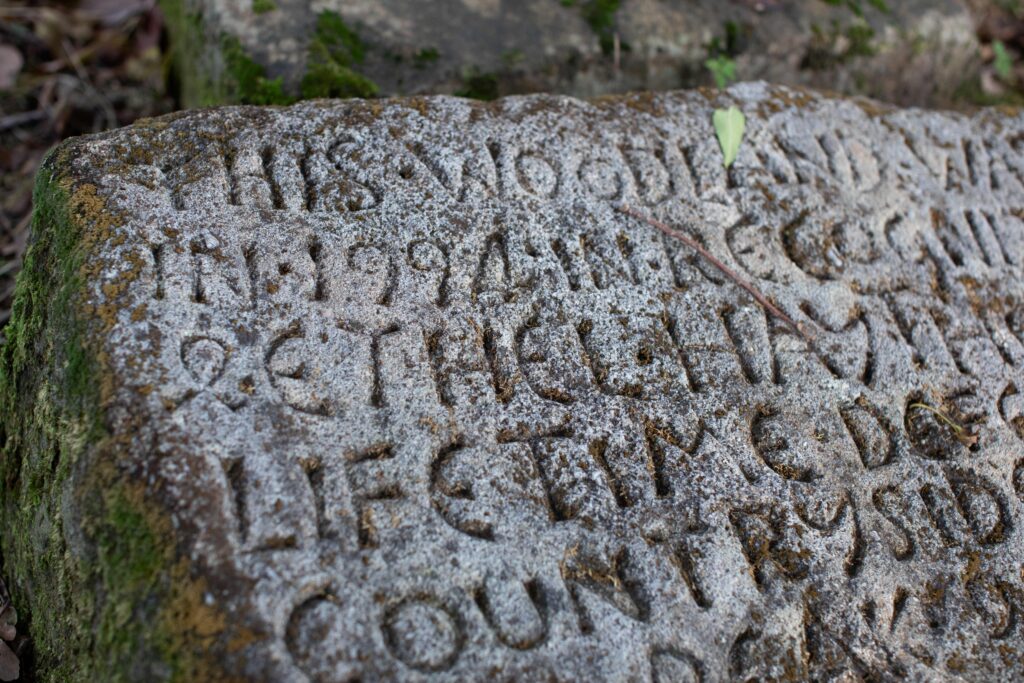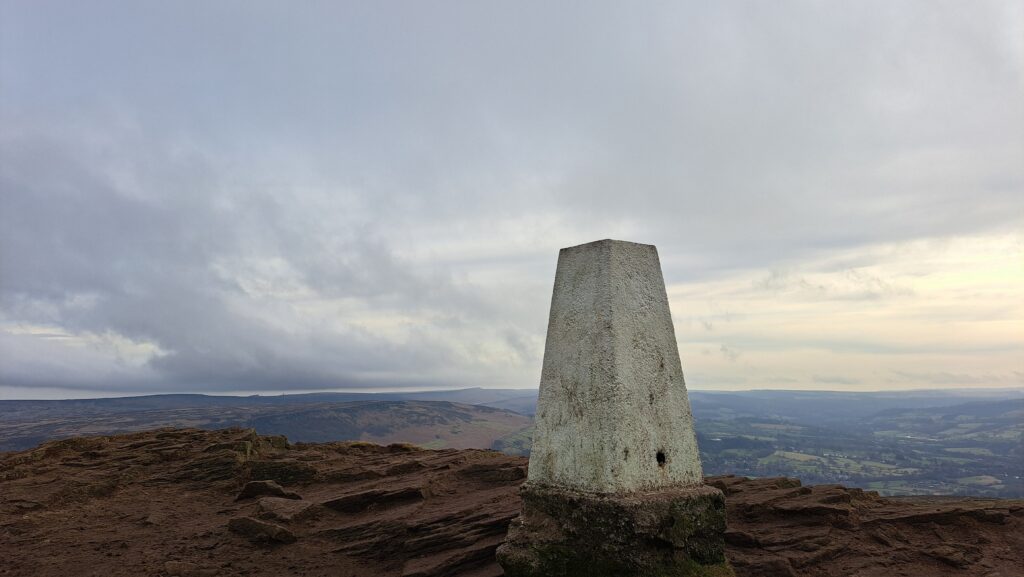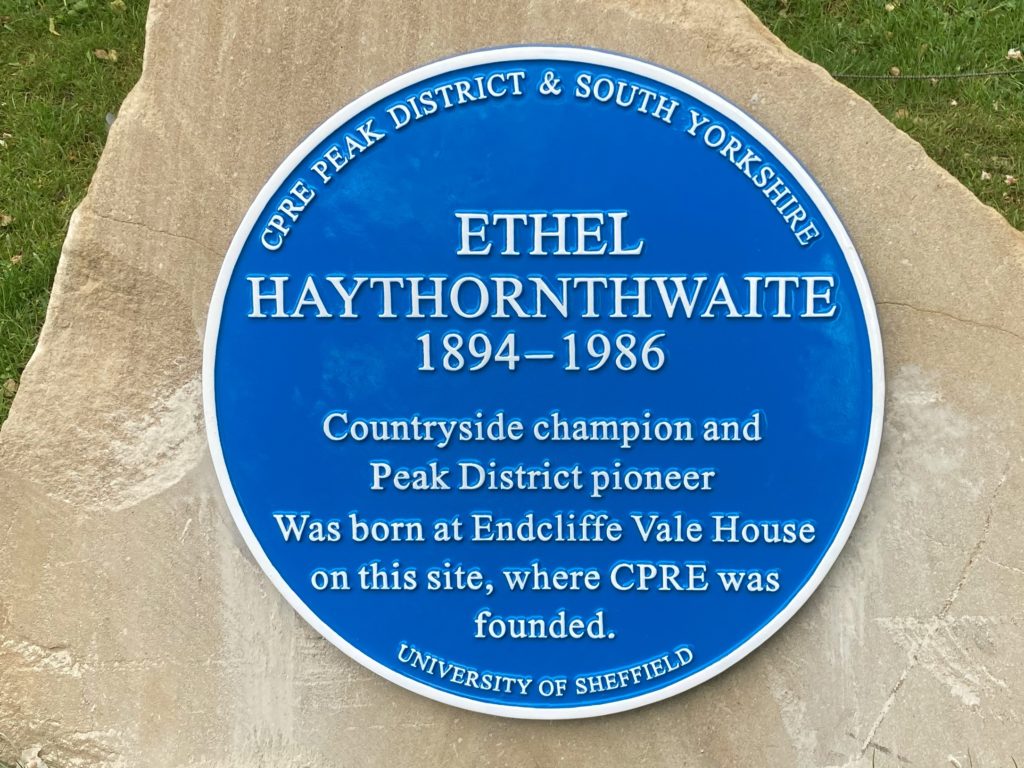Ethel Haythornthwaite
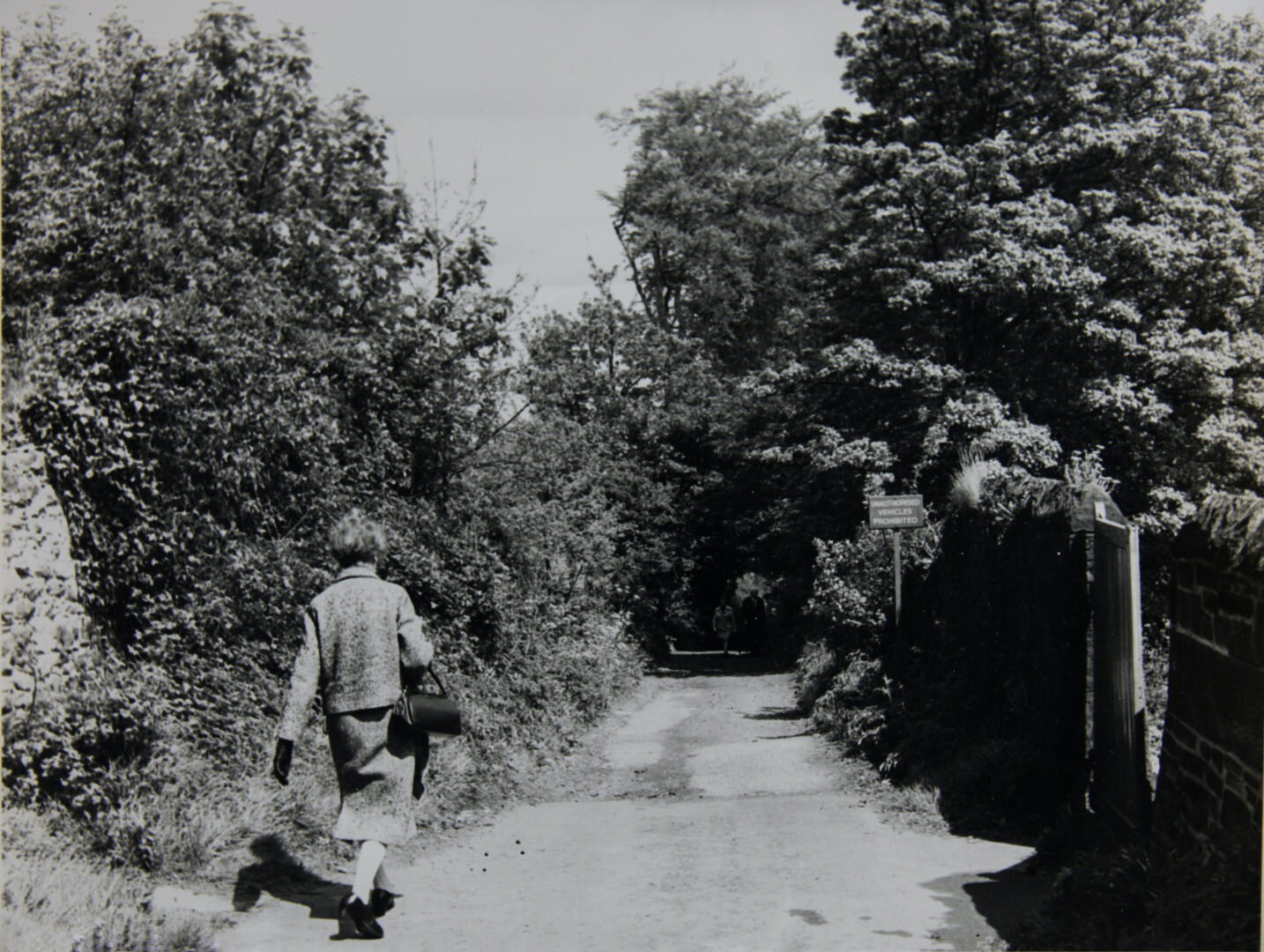
Ethel was born Ethel Mary Bassett Ward on 18th January 1894, in Endcliffe Vale House, which stood in the grounds of what is now the student village at The University of Sheffield.
She founded the Sheffield Association for the Protection of Rural Scenery, also known as the Sheffield Association for the Protection of Local Countryside on 7th May 1924. This went on to become the local branch of CPRE in 1927.
Among those present at the first society meeting were
- Ethel Gallimore
- G.H.B. Ward representing the ramblers’ interests
- Gertrude ward (Ethel’s sister)
- Alan Ward (Ethel’s brother)
- Sir Henry Hadow, Vice-Chancellor of Sheffield University
Ethel’s life took a transformative turn after the loss of her first husband shortly after they were married.
Encouraged by her family to take rejuvenating walks in the countryside and moorland which surrounded Sheffield, Ethel discovered the profound positive impact nature had on her physical and mental well-being. This, in part, illuminated Ethel’s passion and commitment to the countryside and fundamental to this, was that the countryside could be accessed by everyone, in order to experience those benefits.
In a poignant reflection, Ethel encapsulated the significance of countryside access for our wellbeing, stating:
Enthralled by the breath-taking beauty of a thriving countryside, Ethel dedicated her life to preserve the natural landscapes of the Peak District and South Yorkshire countryside, for the enjoyment of all.
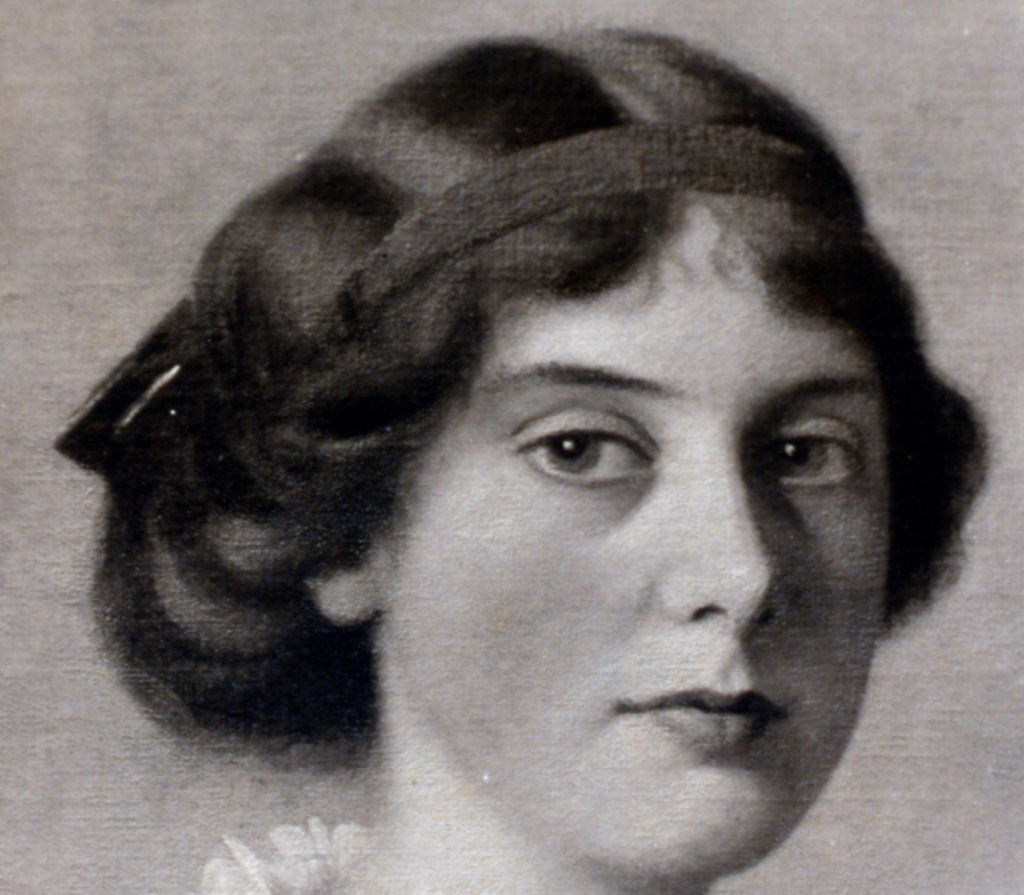
1916
Ethel was first married to Captain Henry Burrows Gallimore. He was killed fighting in France in May 1917.
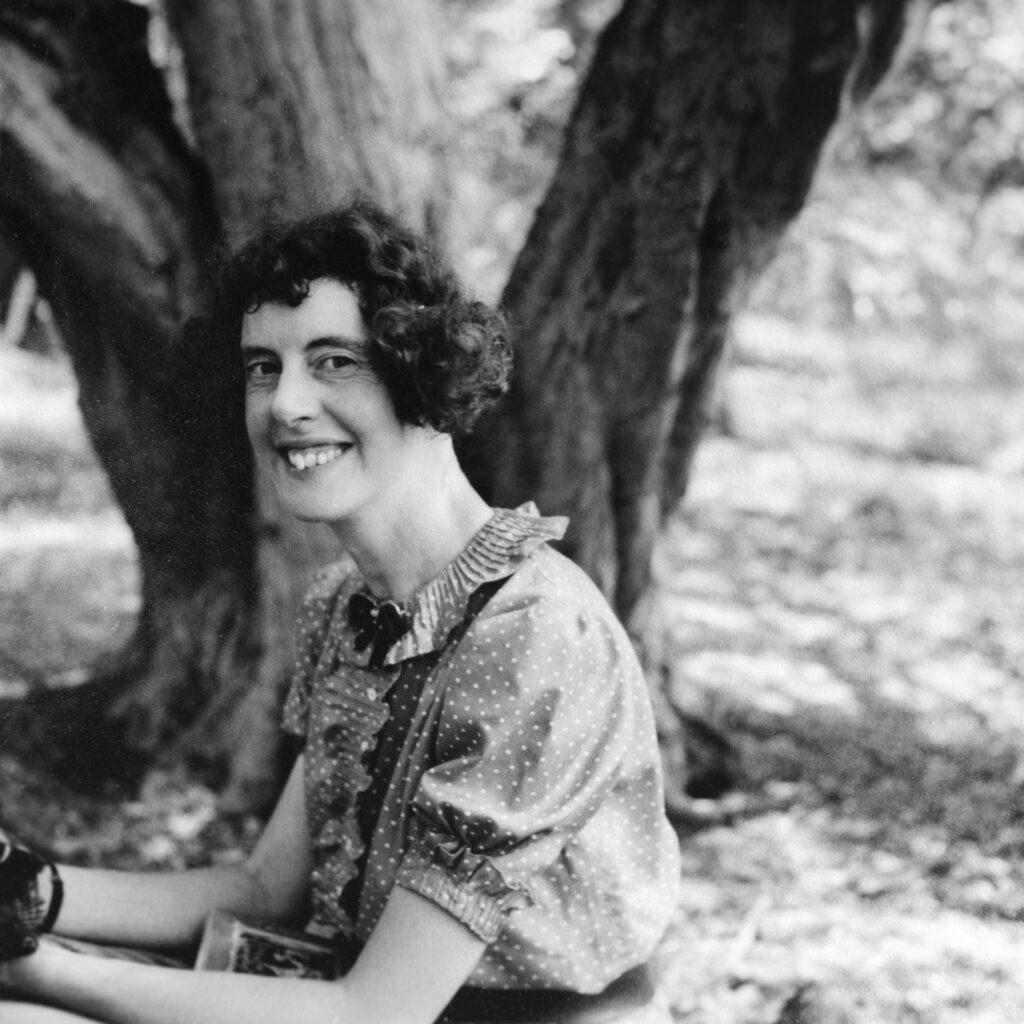
1924
Ethel Haythornthwaite founded the Sheffield Association for the Protection of Rural Scenery, also known as the Sheffield Association for the Protection of Local Countryside.
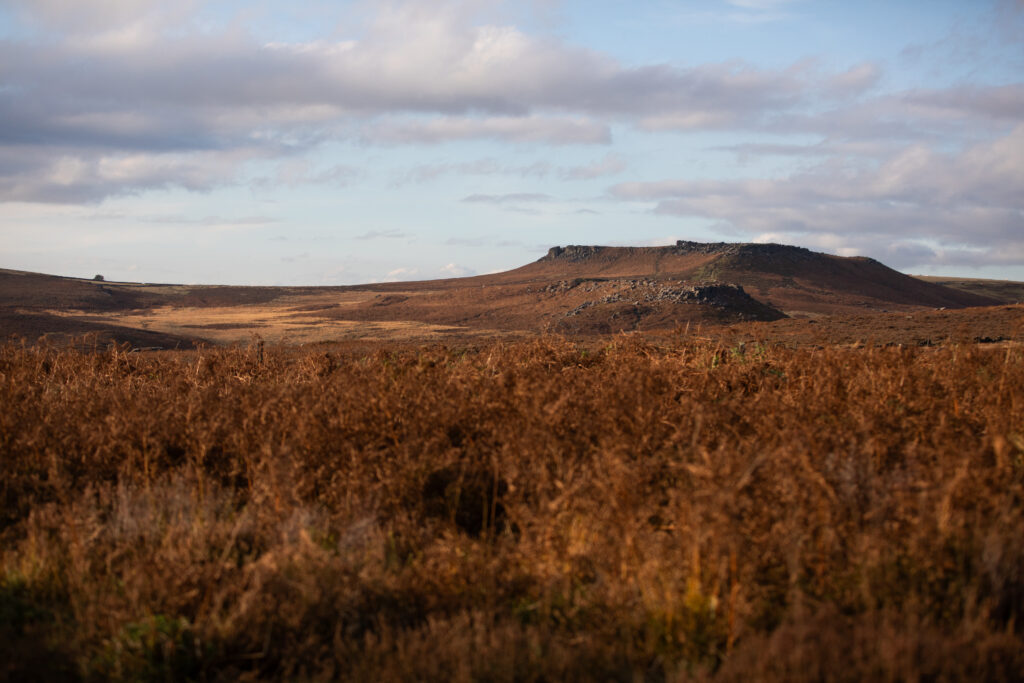
1928
Ethel fronted the appeal to save Longshaw Estate from development. The 747 acre estate was gifted to the National Trust in 1931.
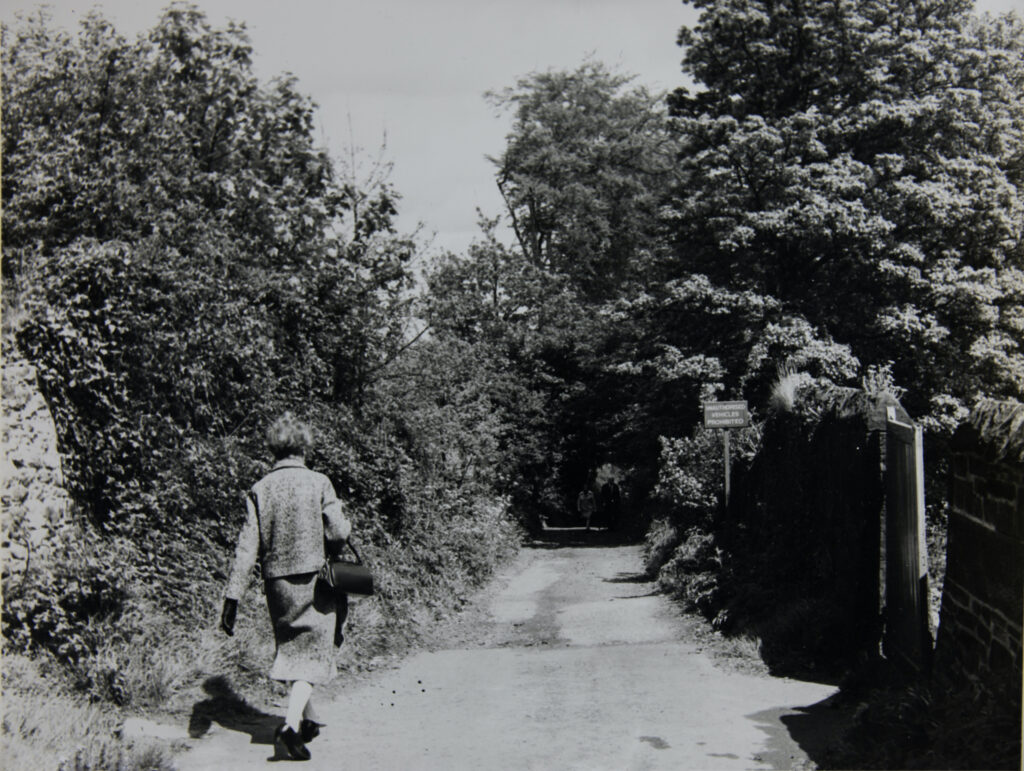
1942
Ethel spent most of 1942 in London, as CPRE’s leader in the crucial debates on the planning and protection of the post-war countryside.

1945
Ethel was appointed to the UK government's National Parks Committee.
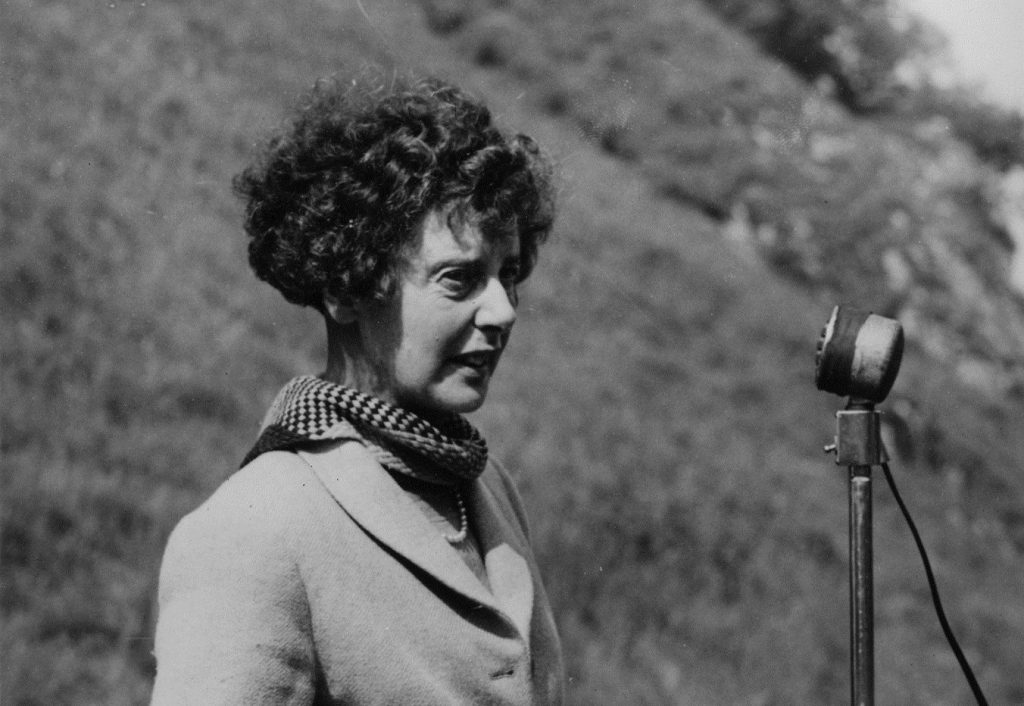
1947
Ethel was awarded an MBE for her unwavering determination to protect the countryside.
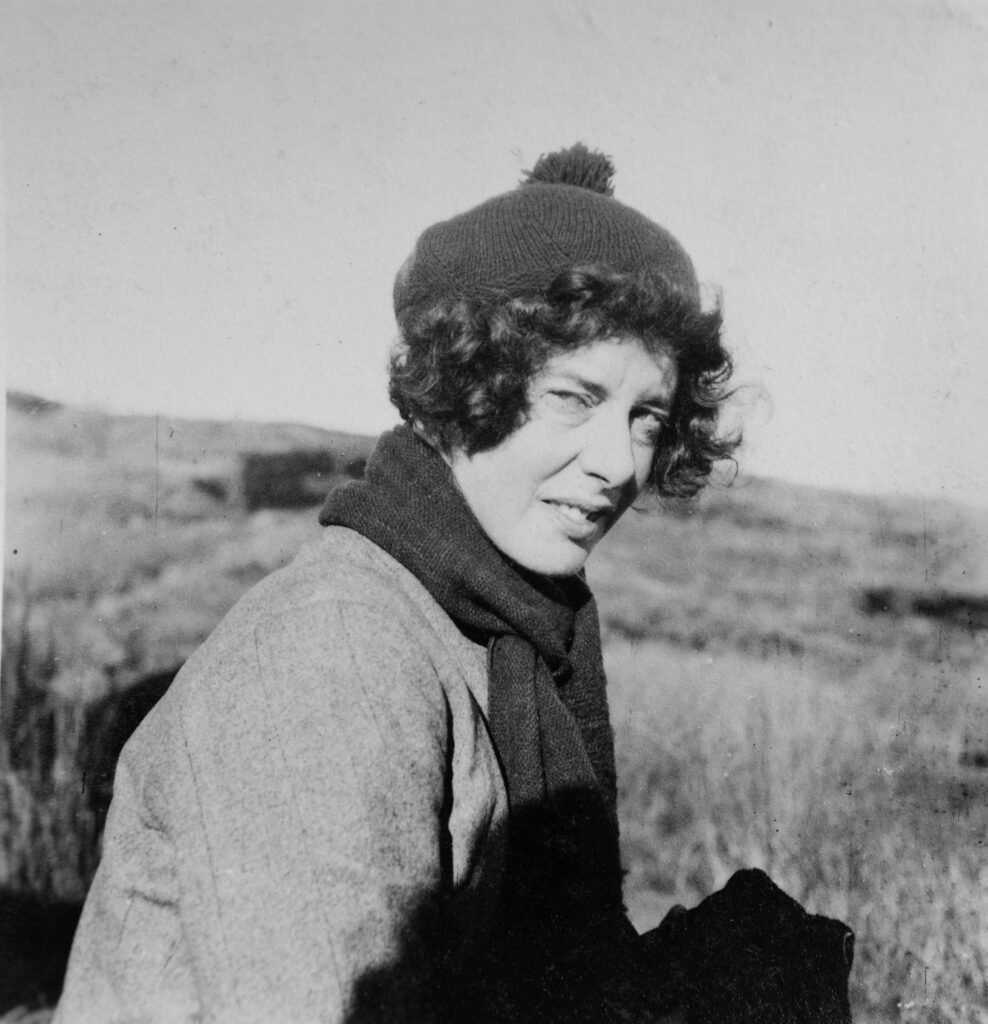
1949
Ethel helped to make the successful case for the National Parks and Access to the Countryside Act of 1949.
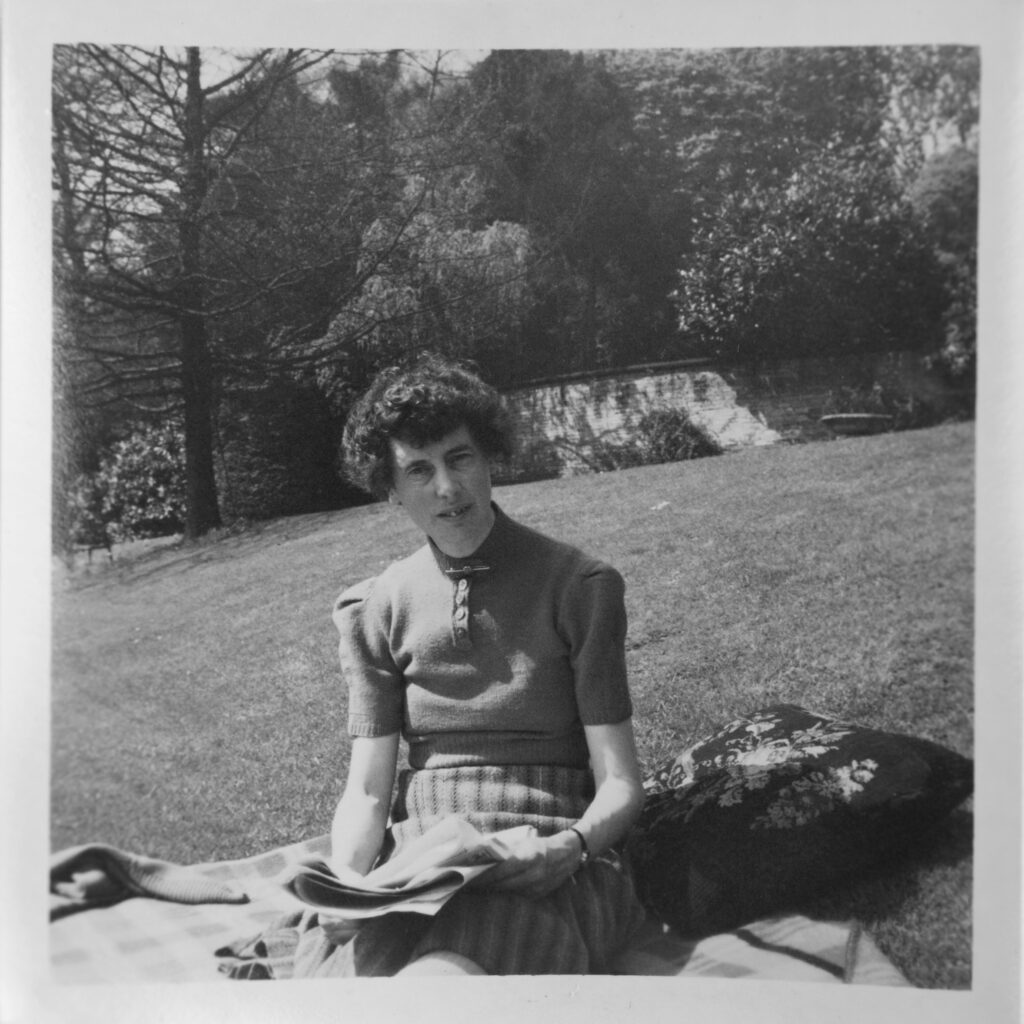
1986
Ethel passed away on 11th April after a lifetime of protecting the countryside, for the enjoyment of all.
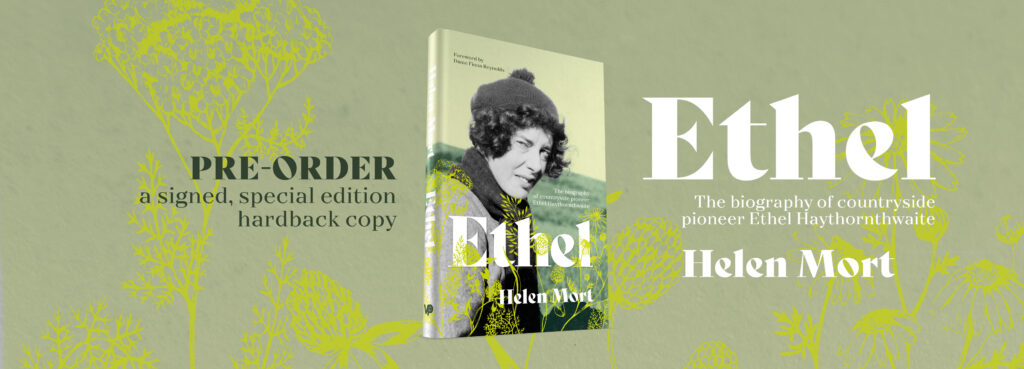
To celebrate our Centenary in 2024, we have commissioned Sheffield poet and author Helen Mort to pen a tribute to Ethel’s legacy.
In Ethel, Helen writes a series of letters to Ethel’s memory, inspired by Ethel’s archive of correspondences, to which Helen was given unrestricted access.
Read about the book


